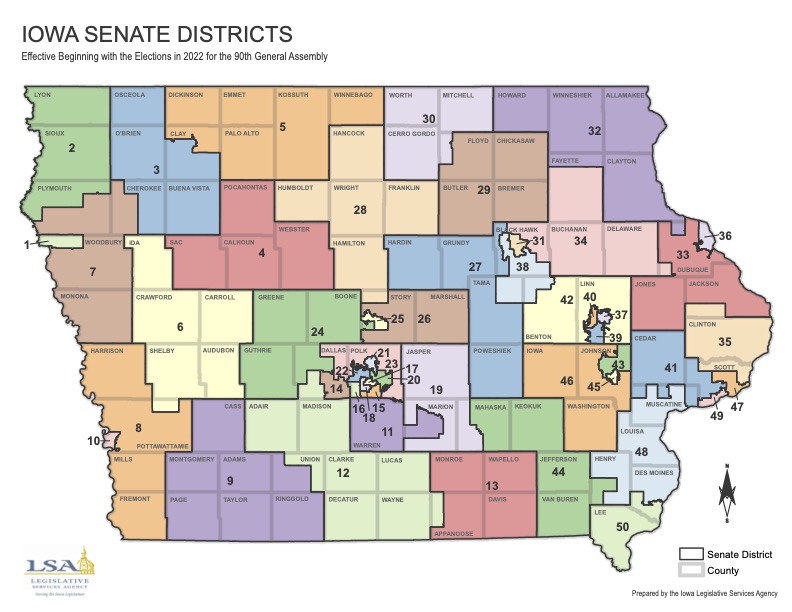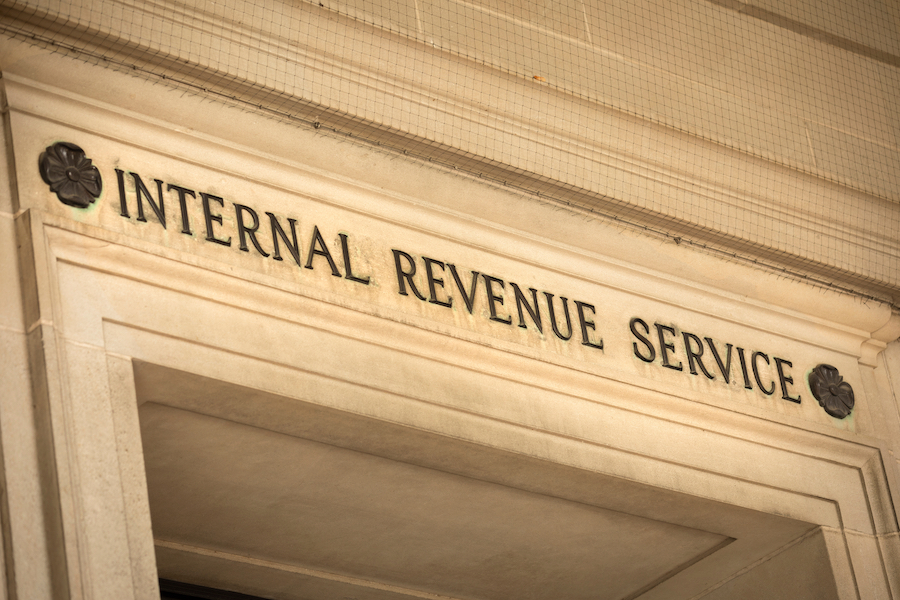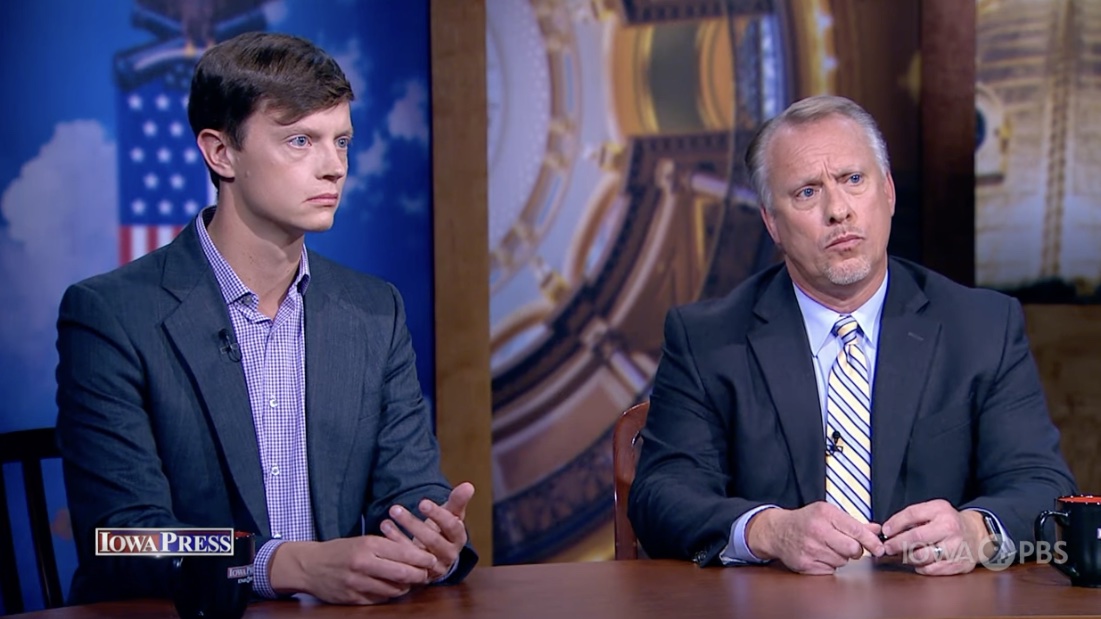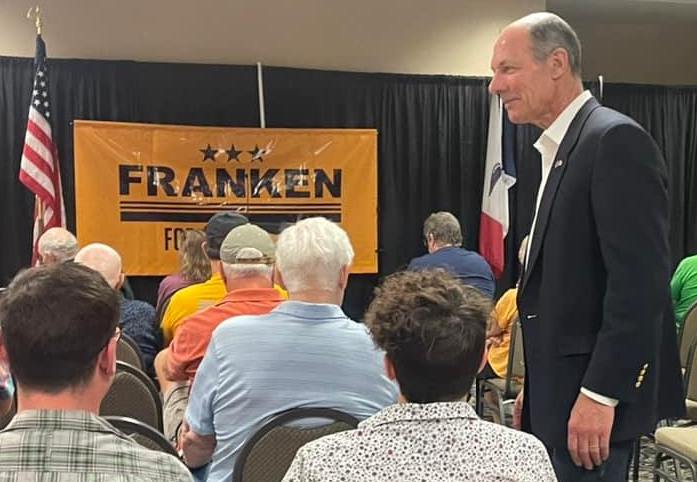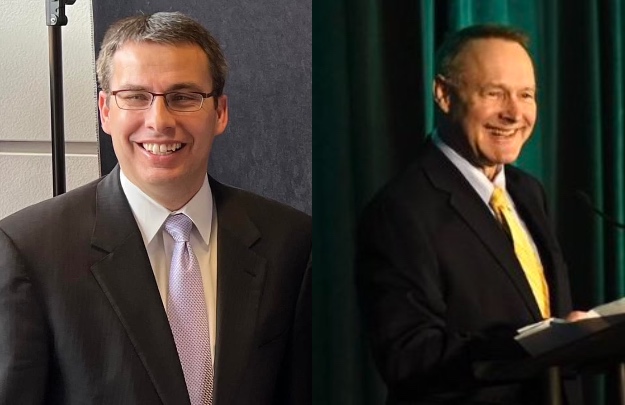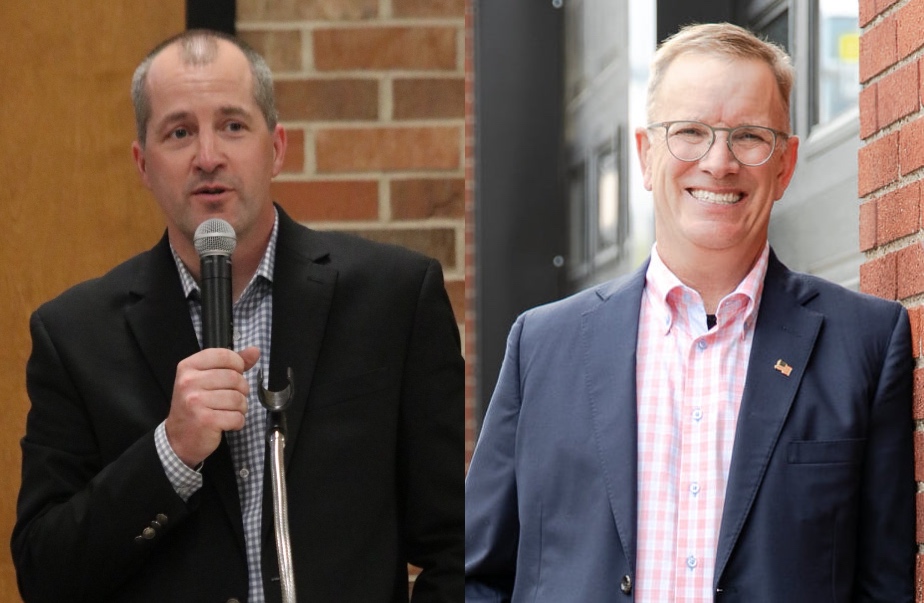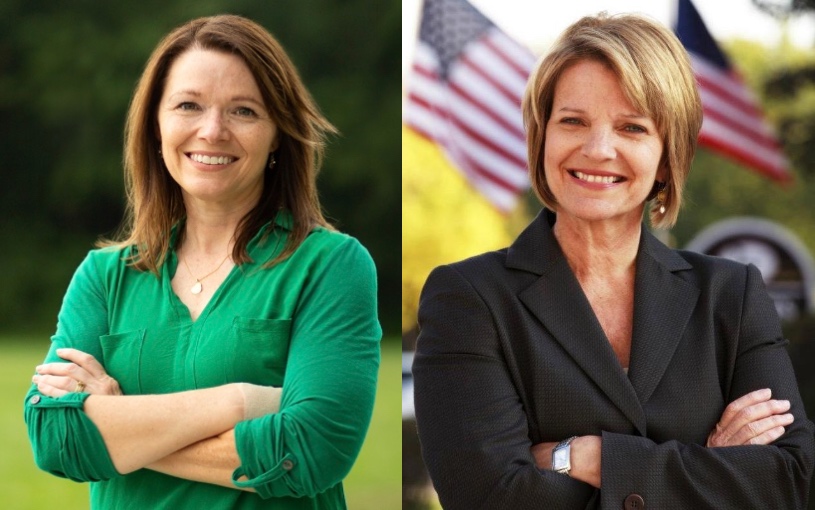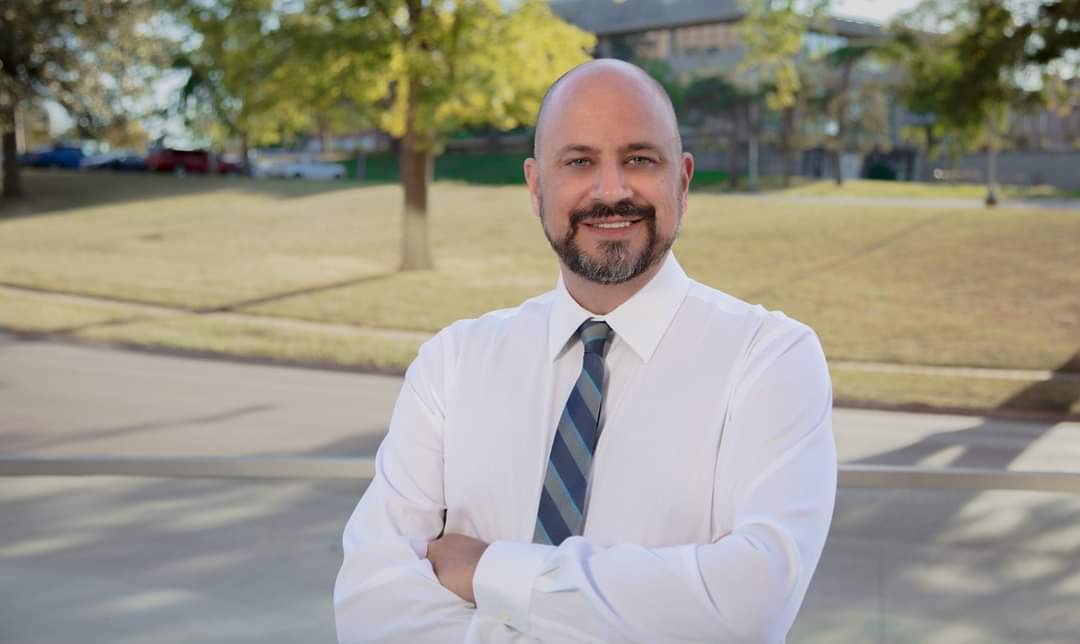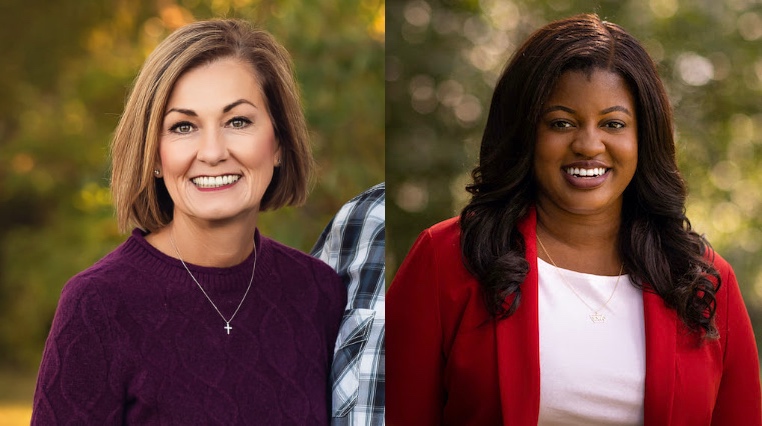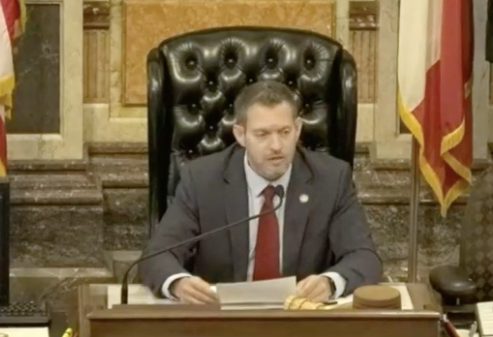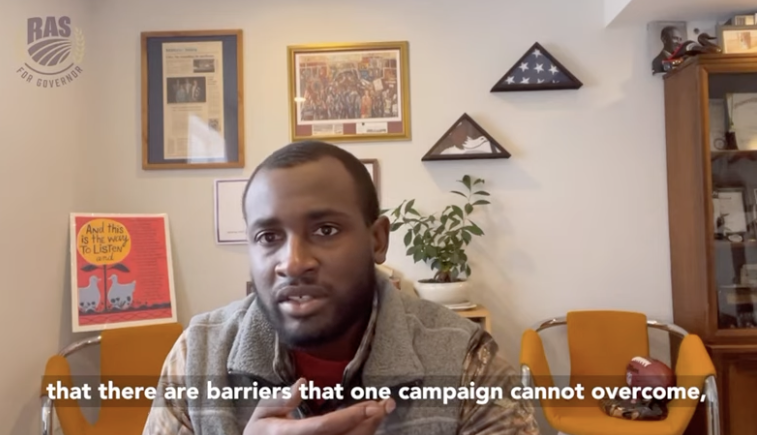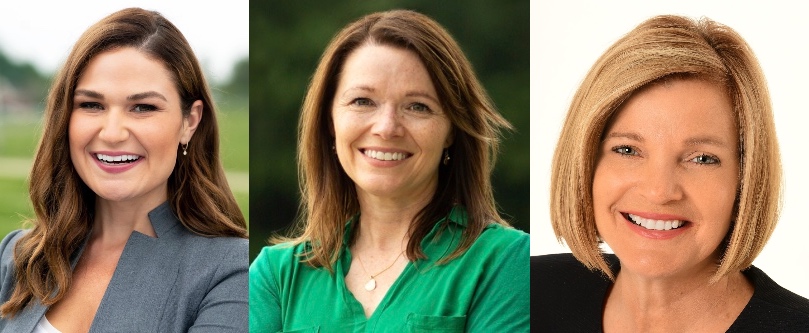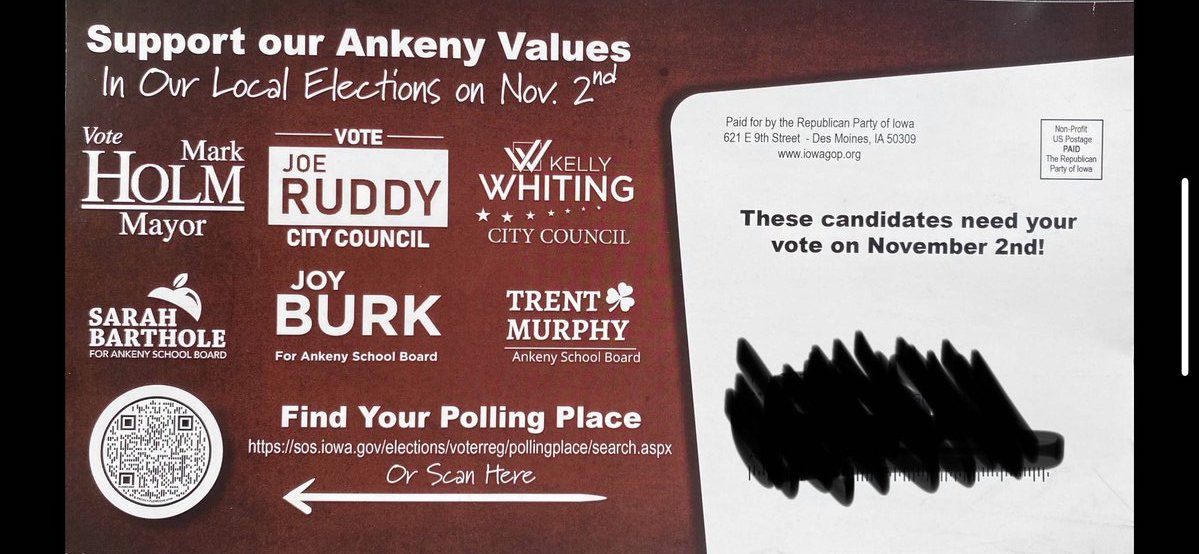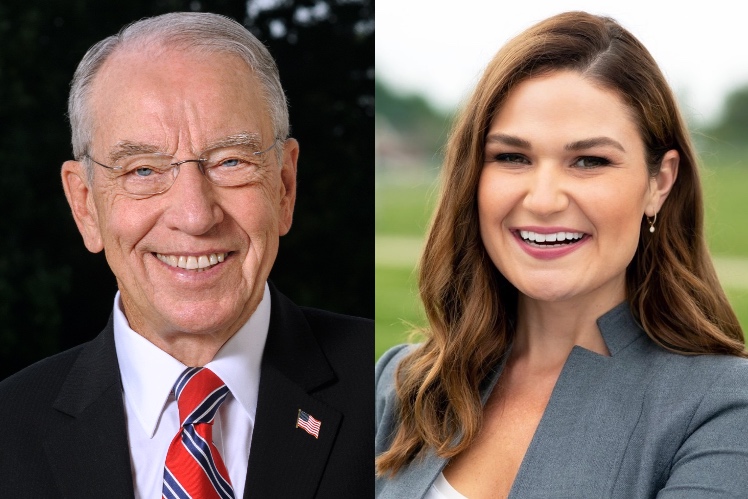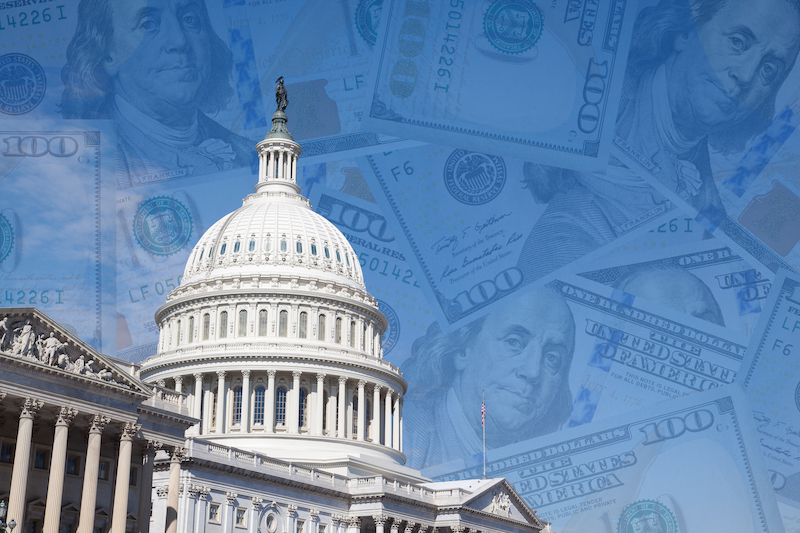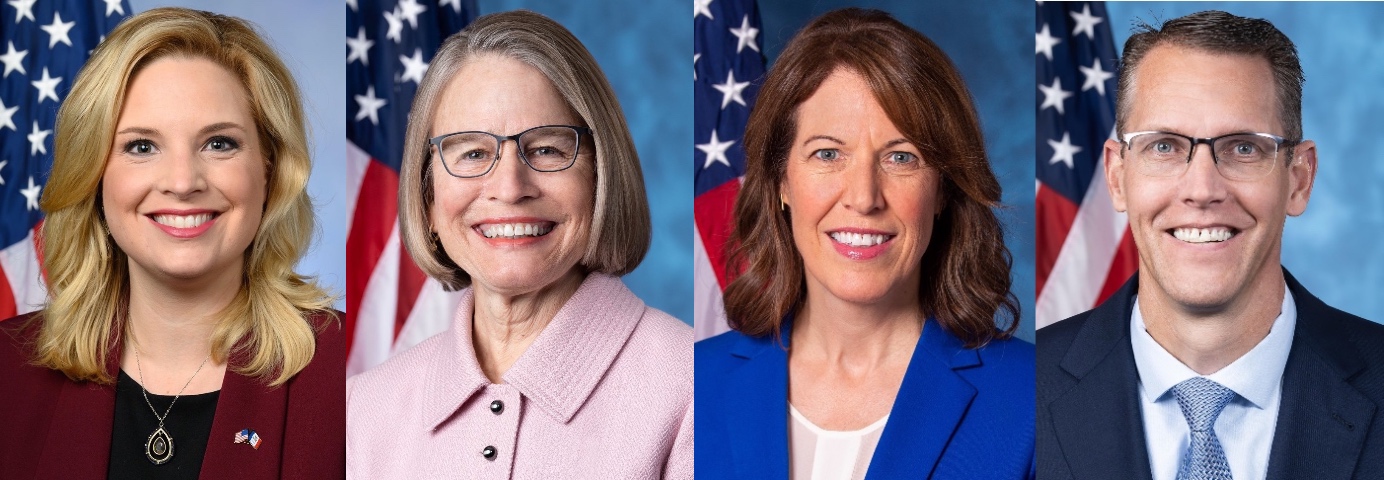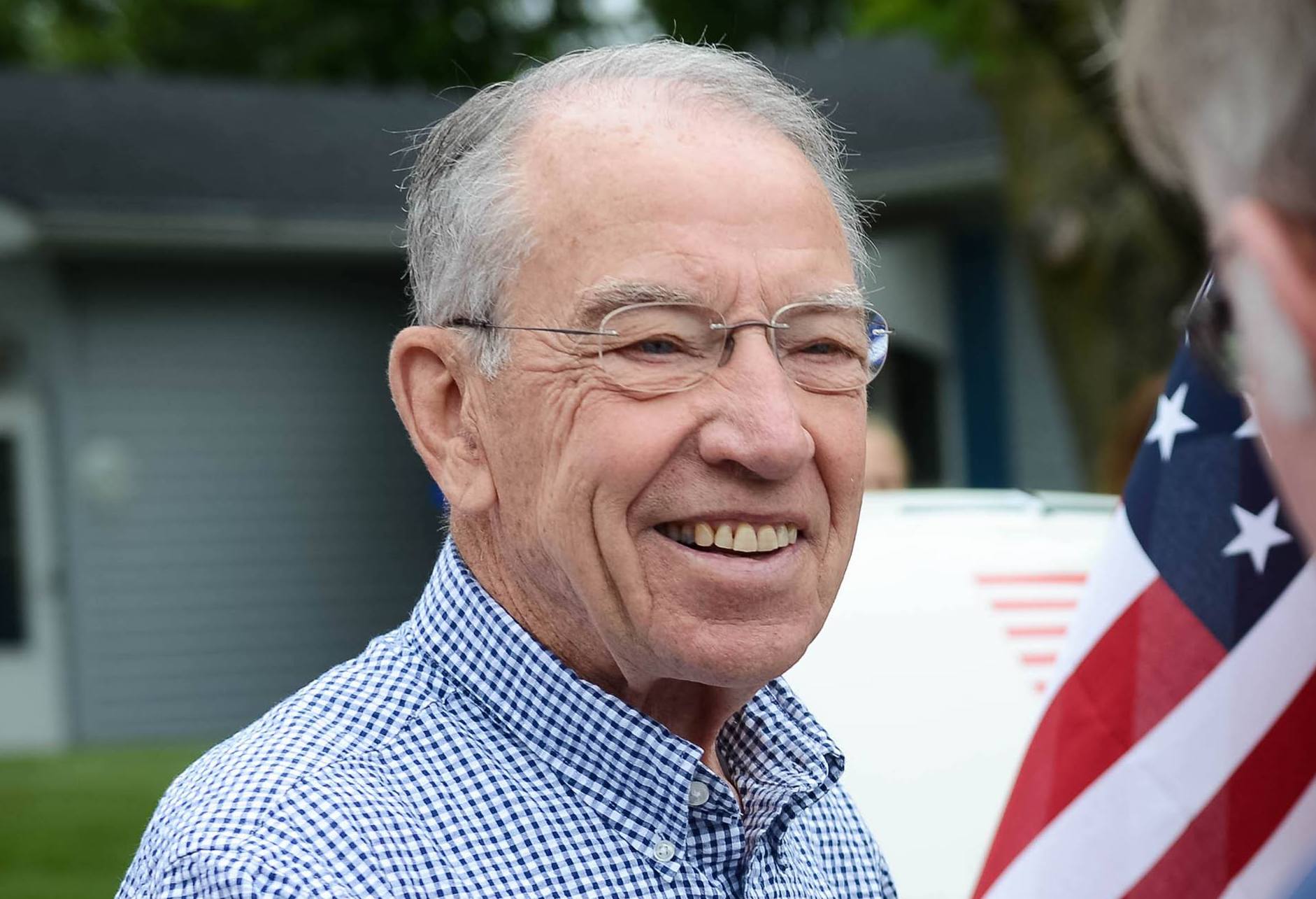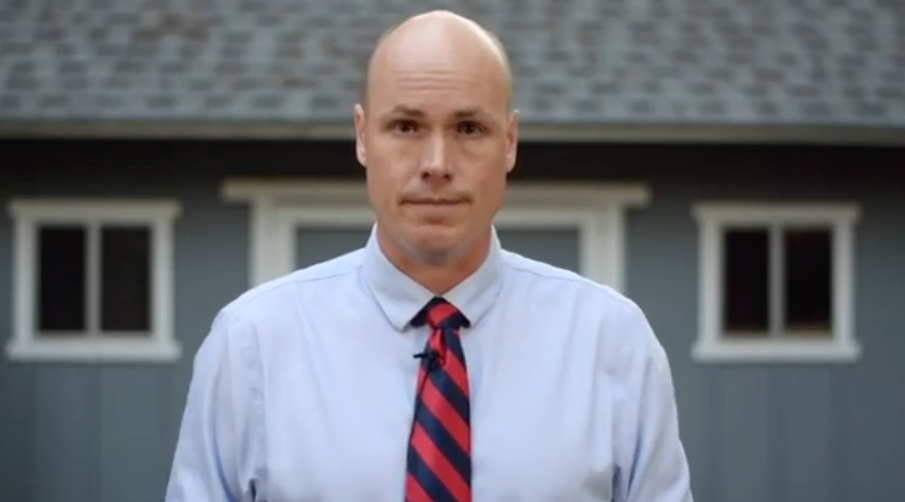Bleeding Heartland user Strong Island Hawk reviews some “issue ads” now targeting (or defending) U.S. Representative Cindy Axne.
Welcome to the Age of Dark Money. And that means All Political Ads, All the Time. Iowans know all too well the constant barrage of campaign commercials especially before Election Day or during the primaries. Thanks to long experience with the first-in-the-nation caucuses, Hawkeyes have learned to tune out the relentless stream of political messages, TV, radio and digital ads, phone calls and door knocks, which can start more than a year before the general election. But they’re also used to a respite from the electioneering activity once the election has passed. This year, most Iowans were probably hoping for a break from the noise, especially after a long and bruising 2020 campaign.
However, the never-ending flow of dark money has made political ads a year-round reality, even in non-election years. And in a hotly contested swing district like Iowa’s third Congressional, voters can scarcely get through an episode of Wheel of Fortune or a morning news broadcast without seeing an attack ad funded by shadowy outside forces. The ads have become almost as ubiquitous as the commercials for sports betting sites. And it’s hard to believe it’s only September of a year ending in “-1” – and not even one before a presidential year. This is before a midterm election.
One thing is clear: IA-03 is already a major electoral battleground gaining national attention. And the money is pouring in.
Continue Reading...




